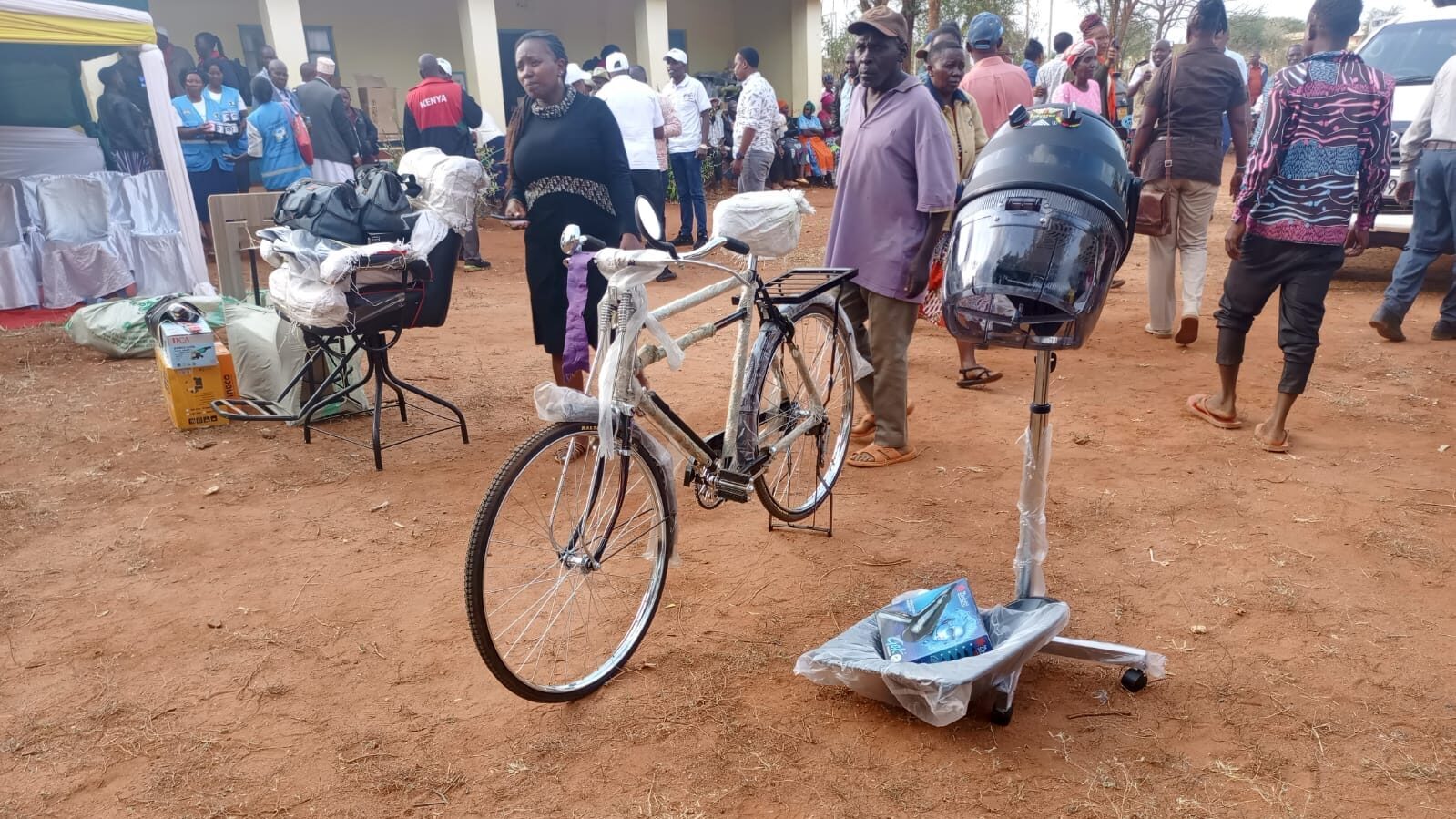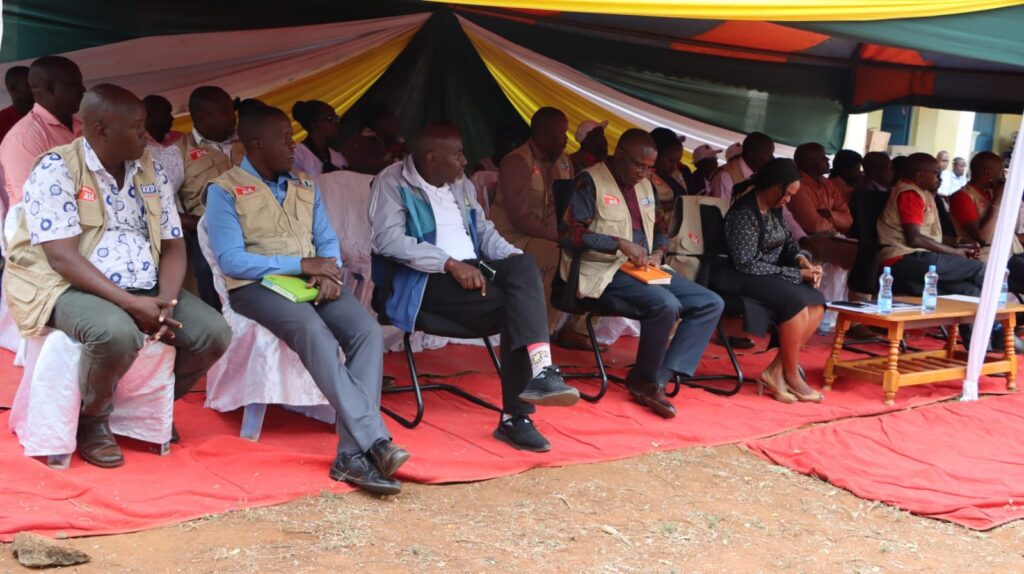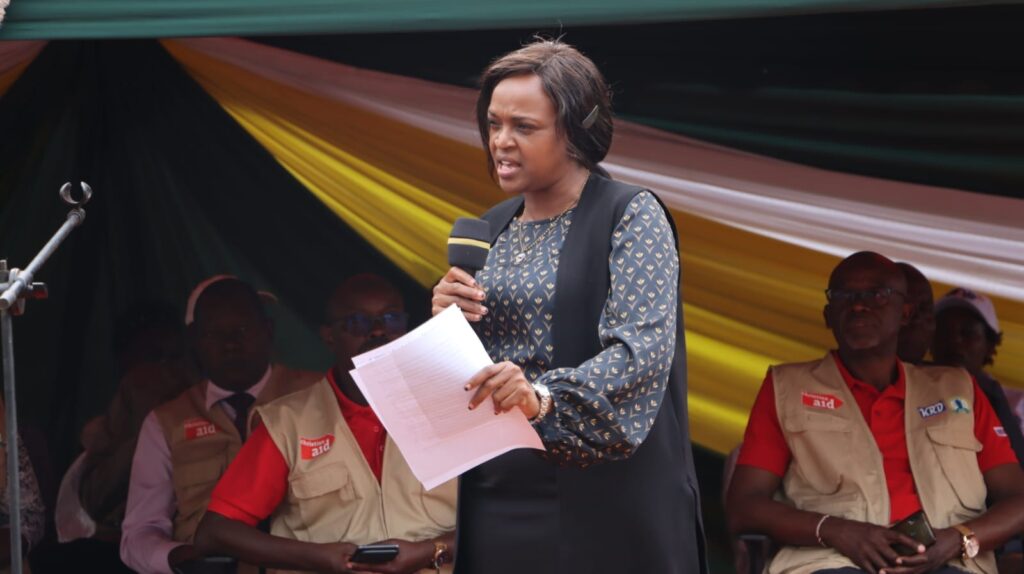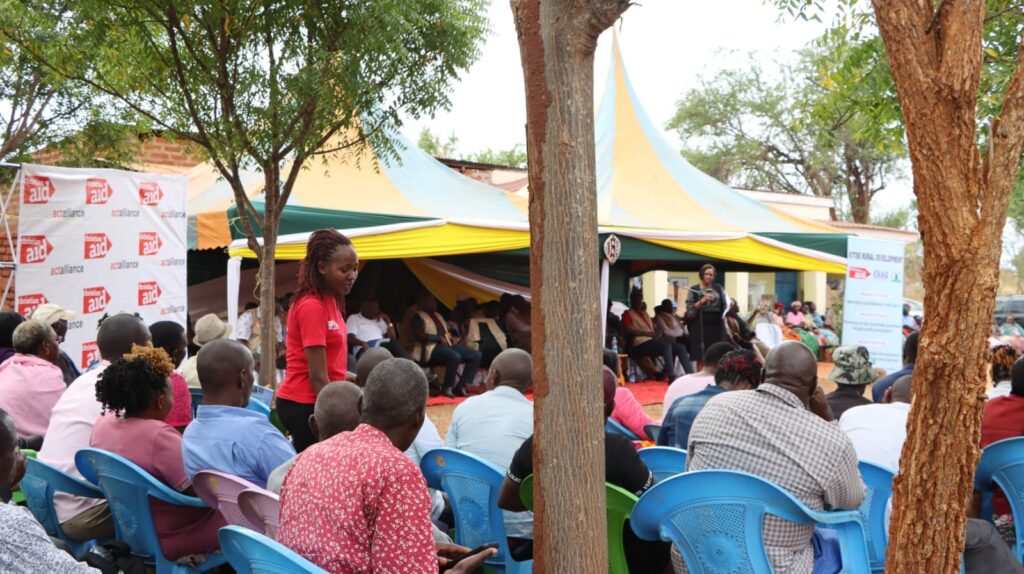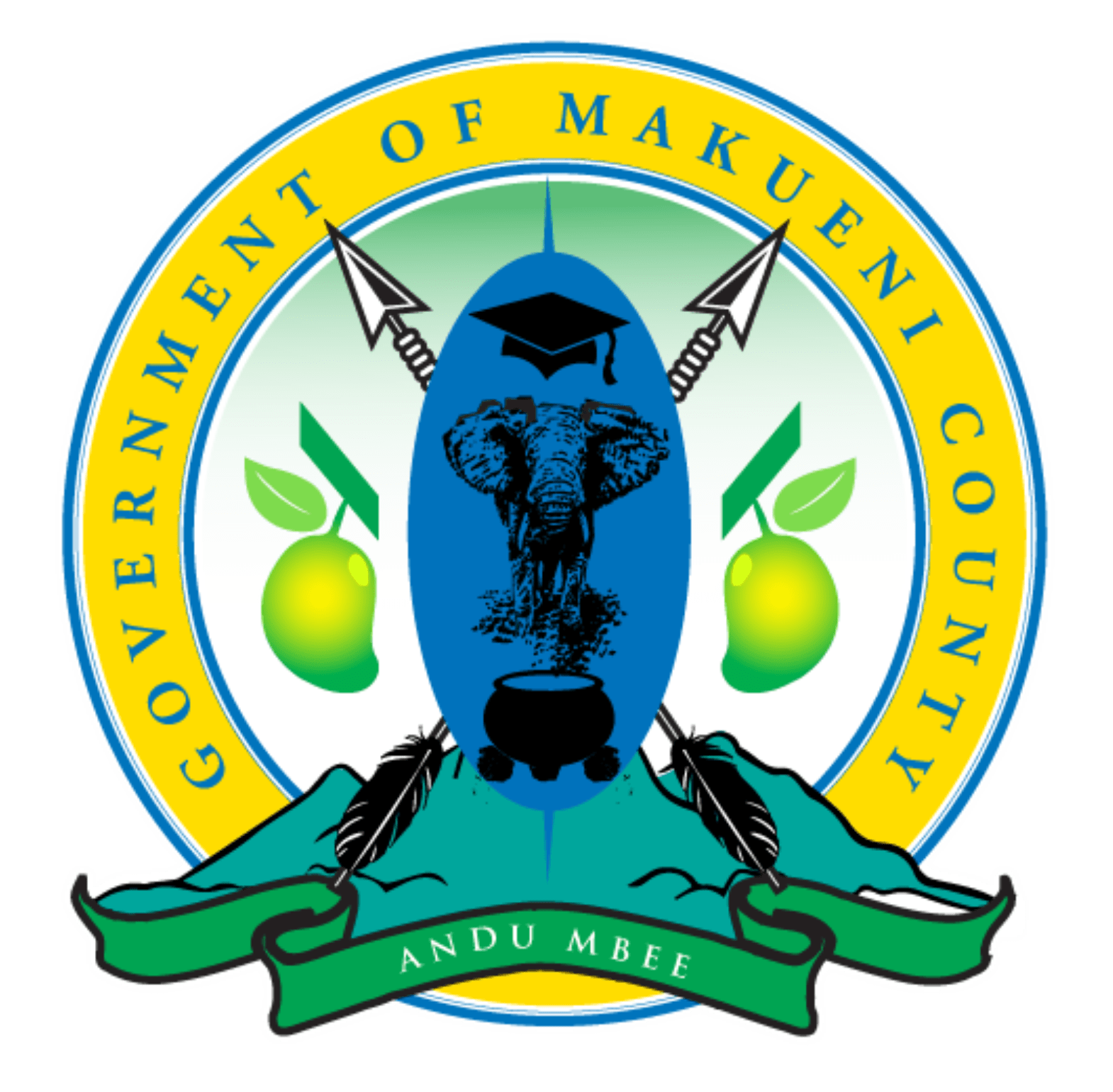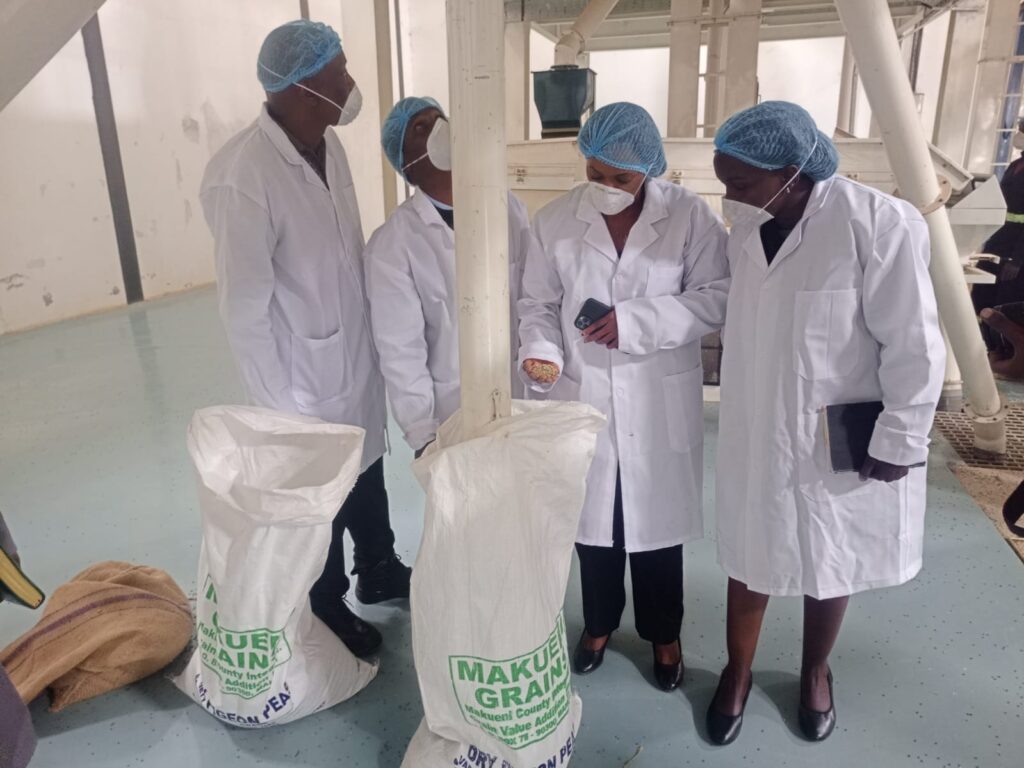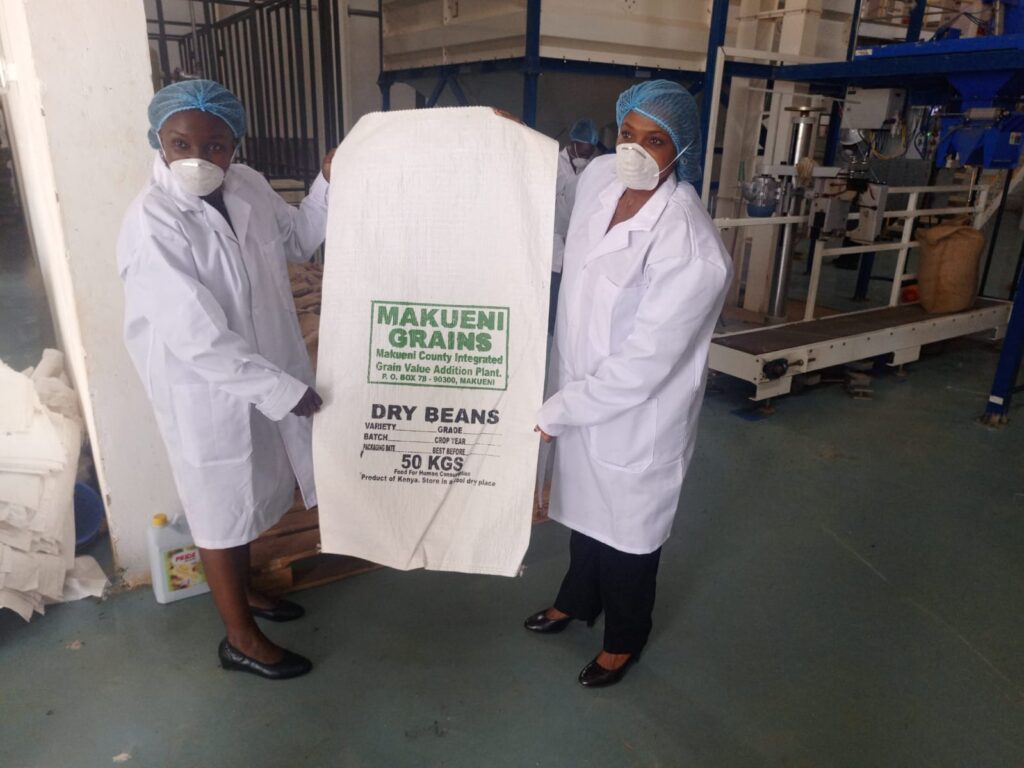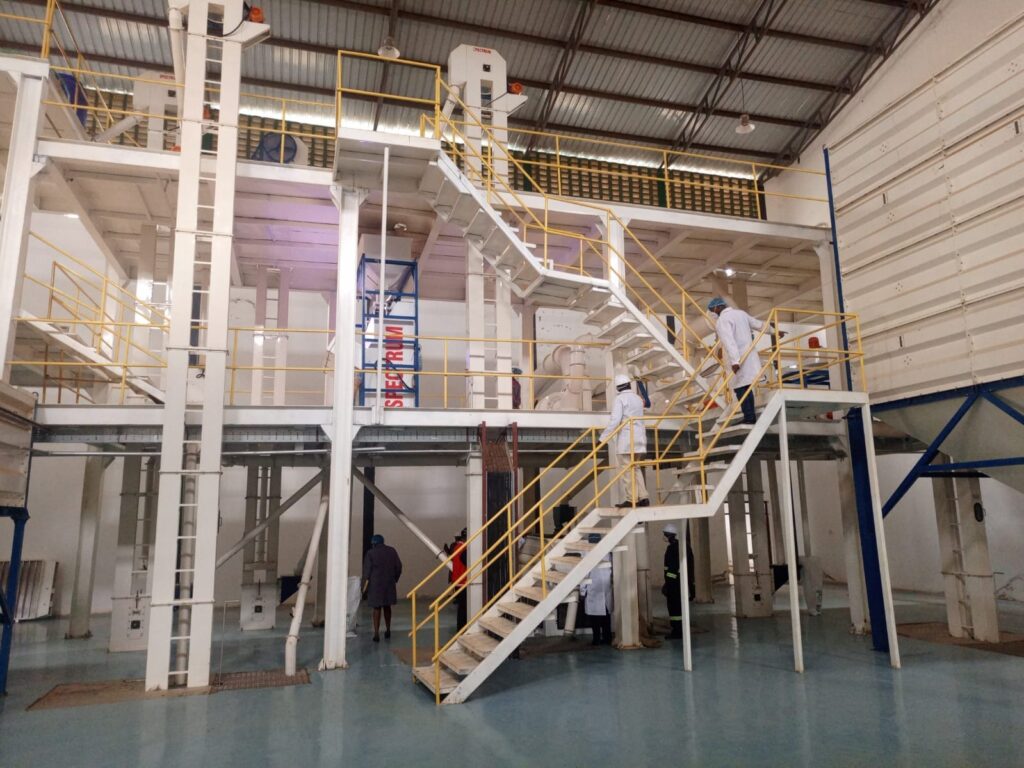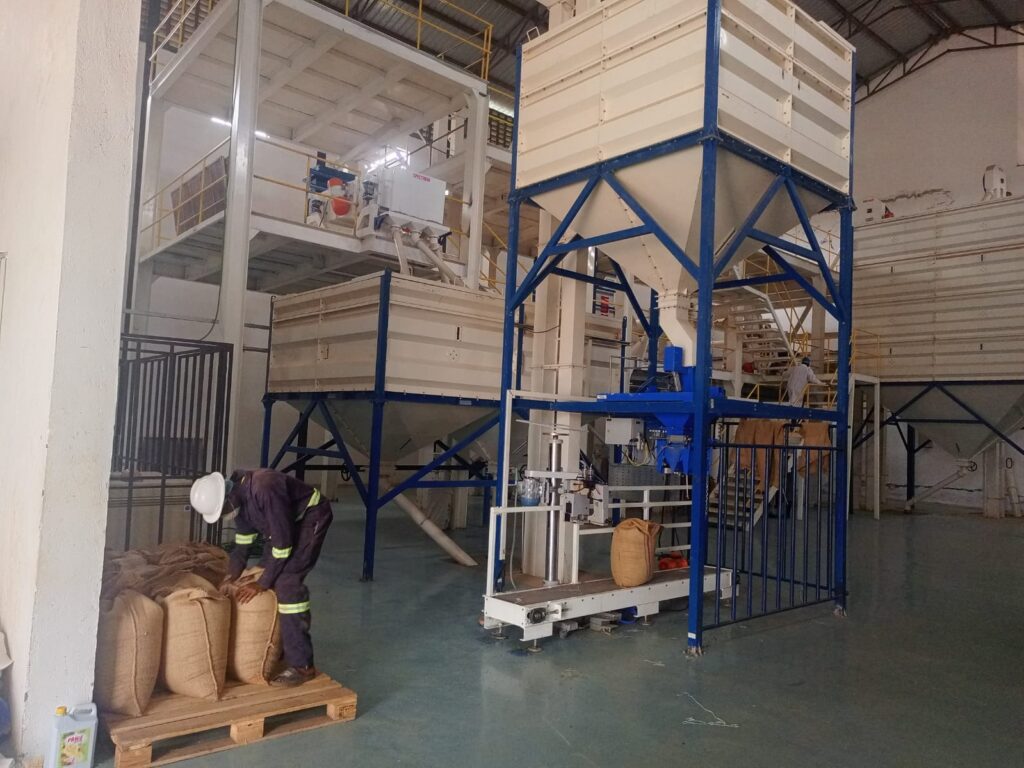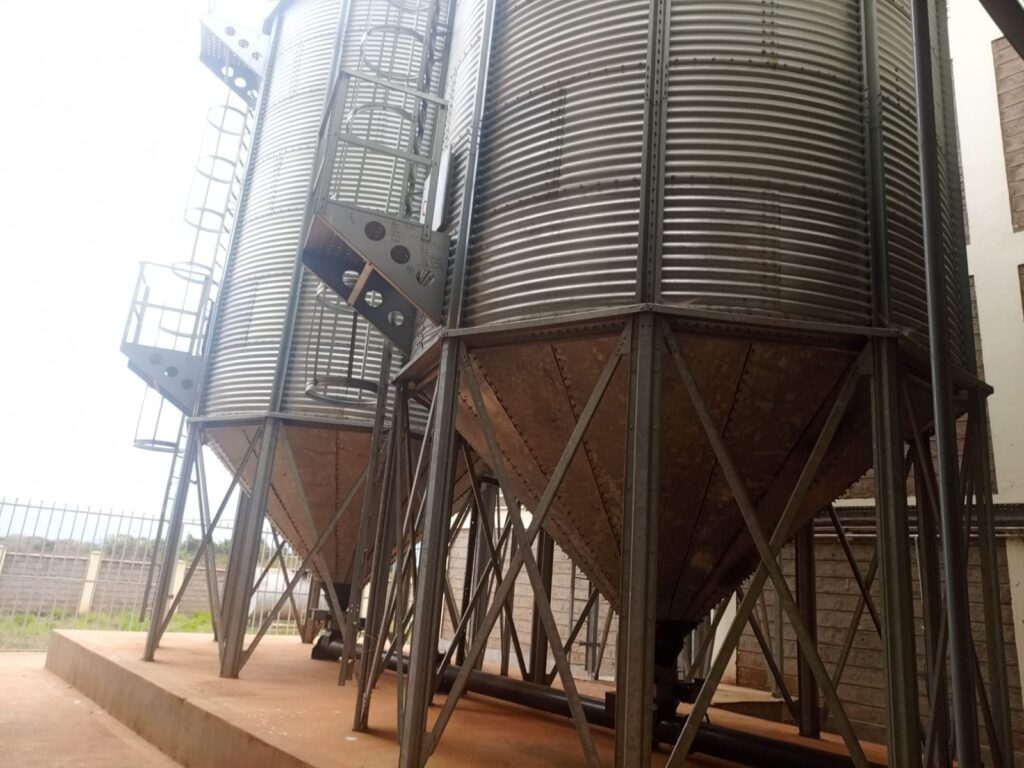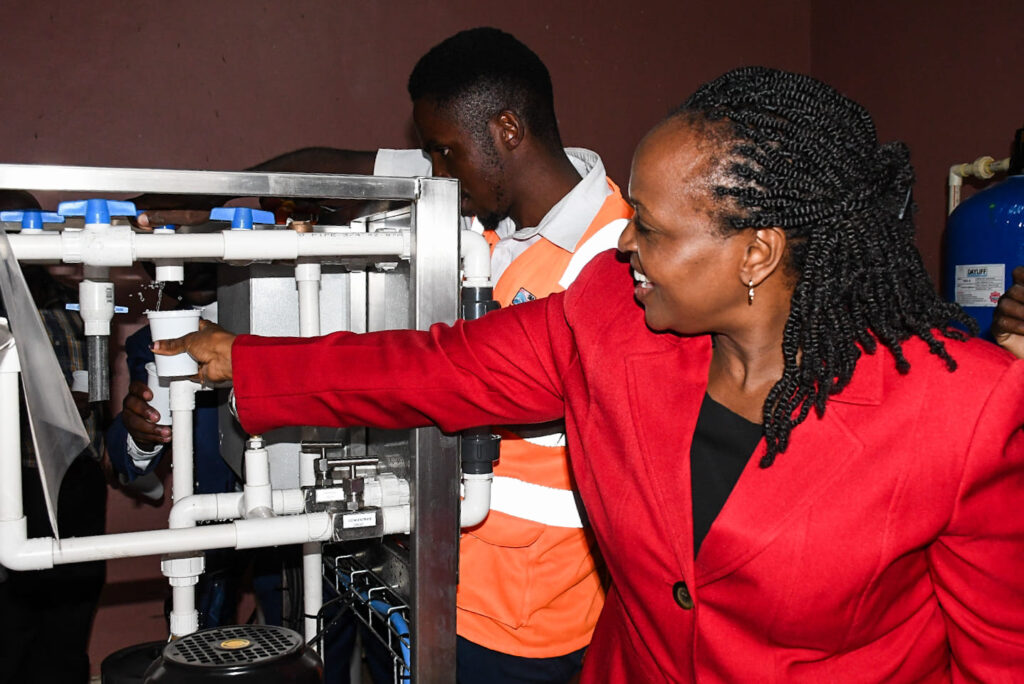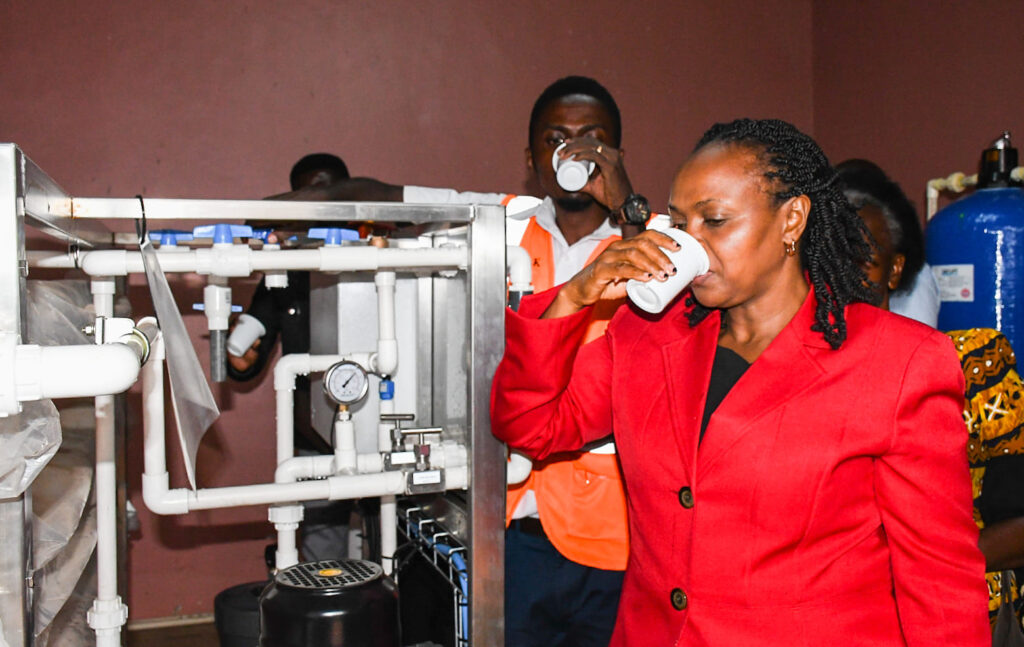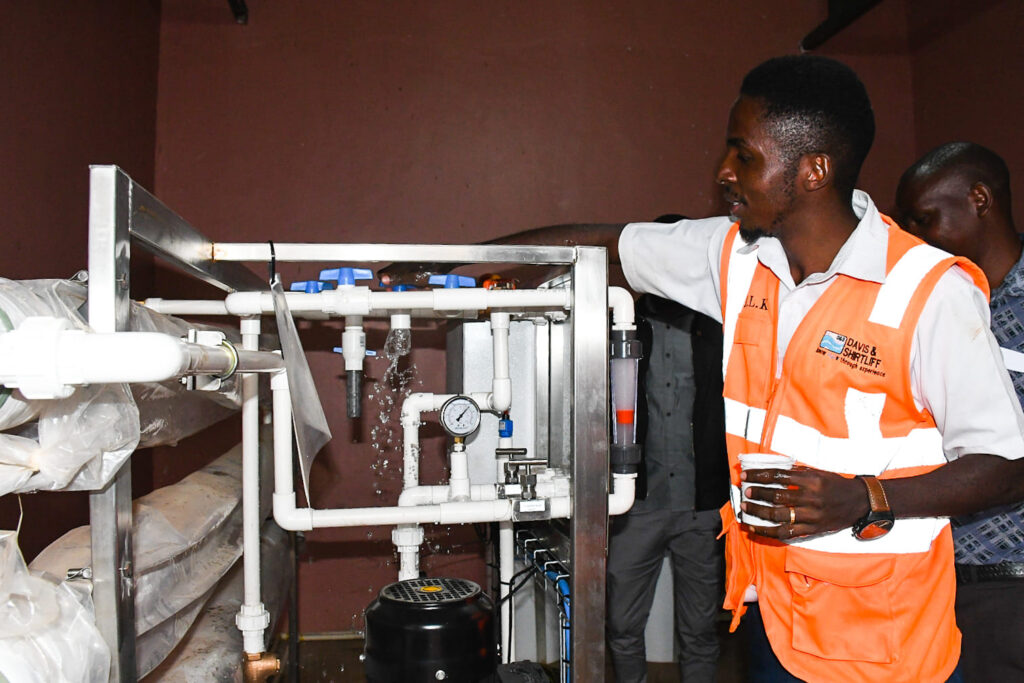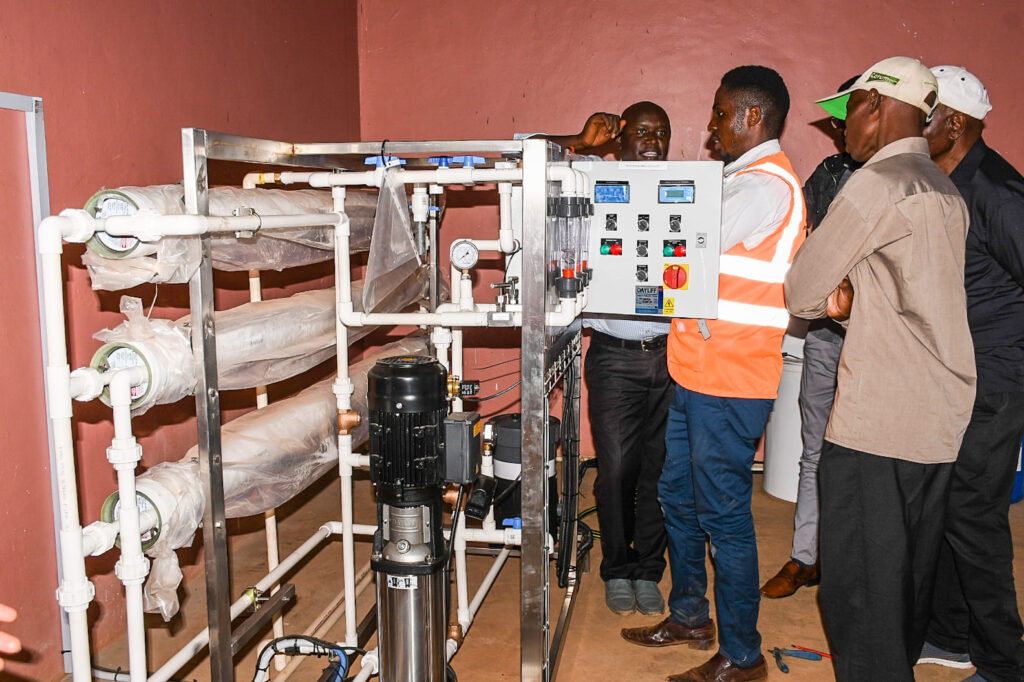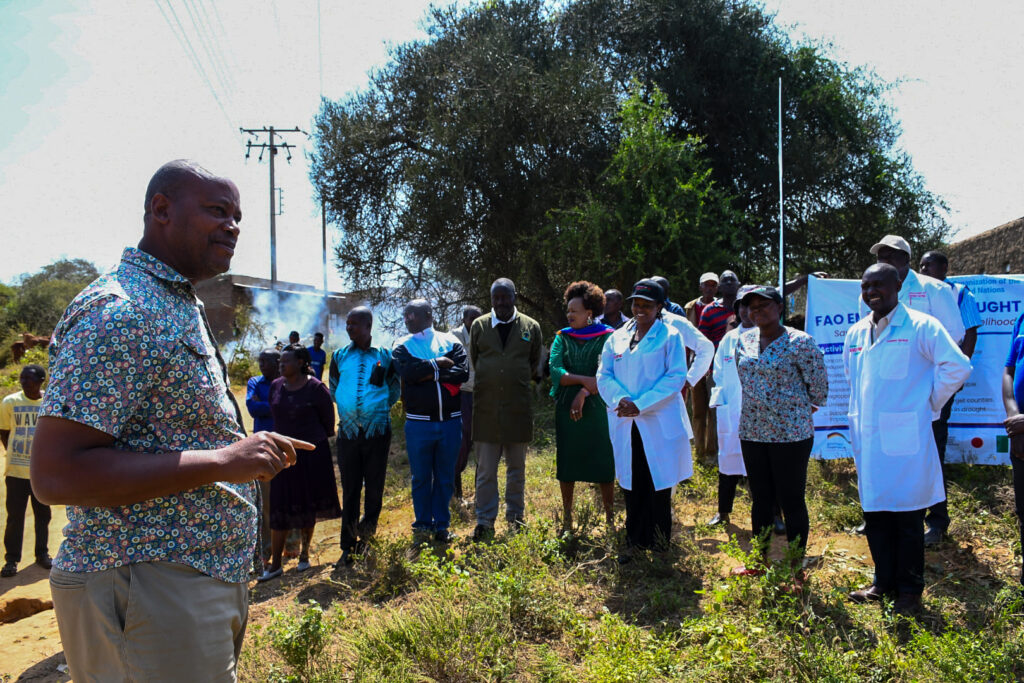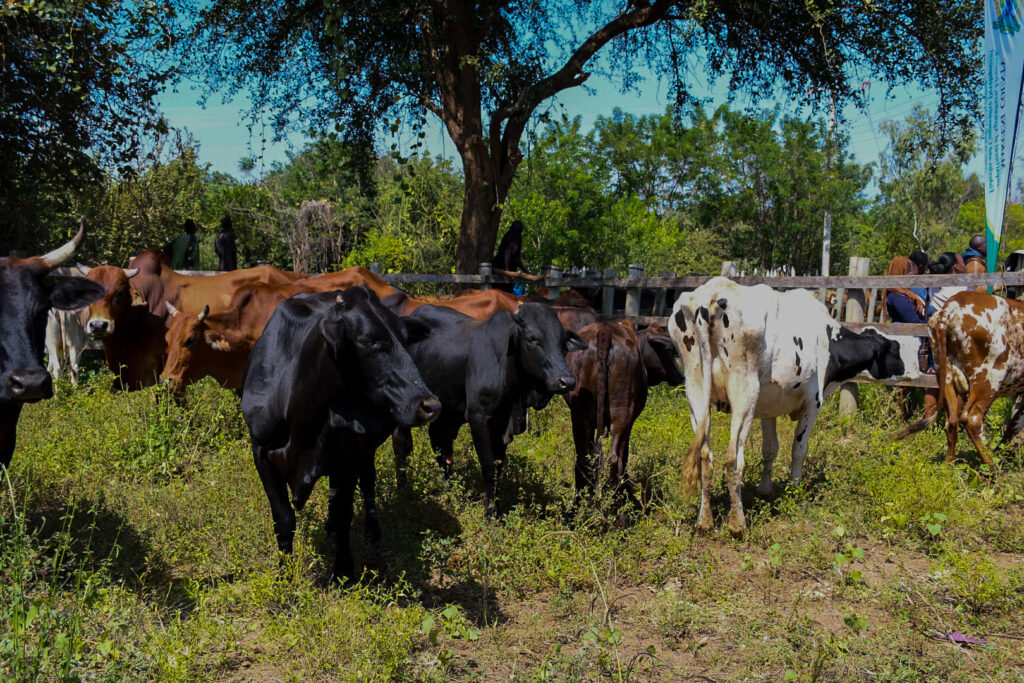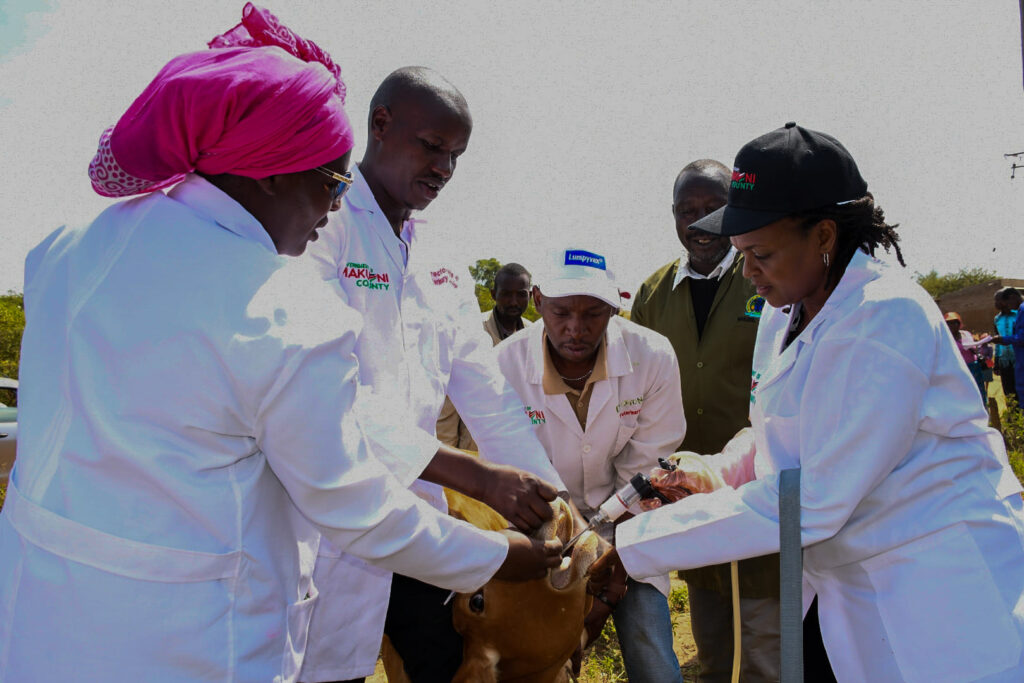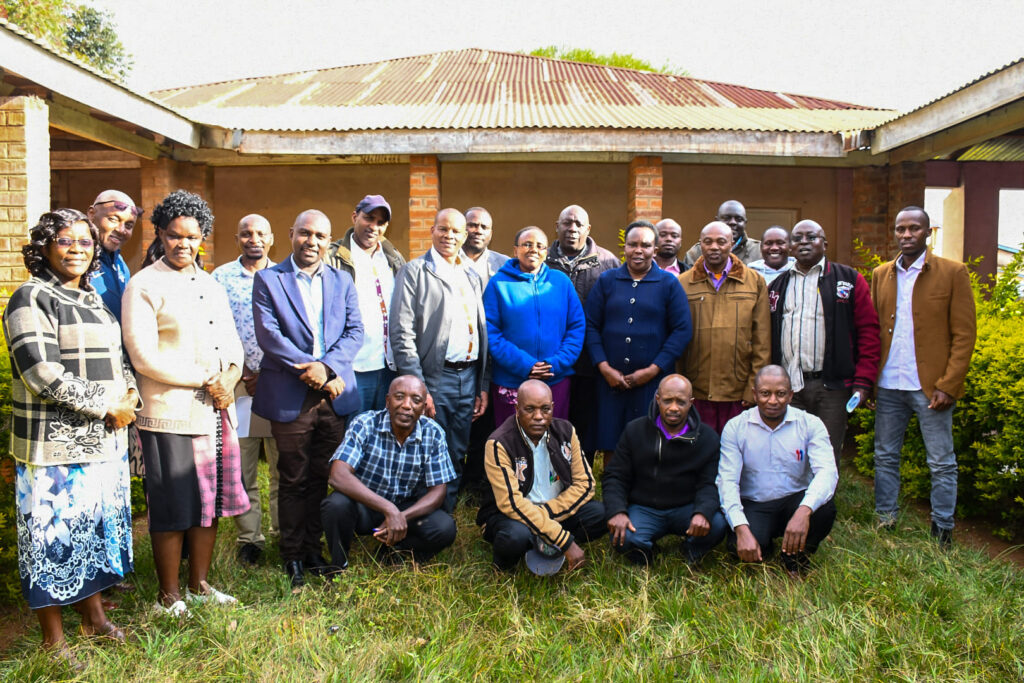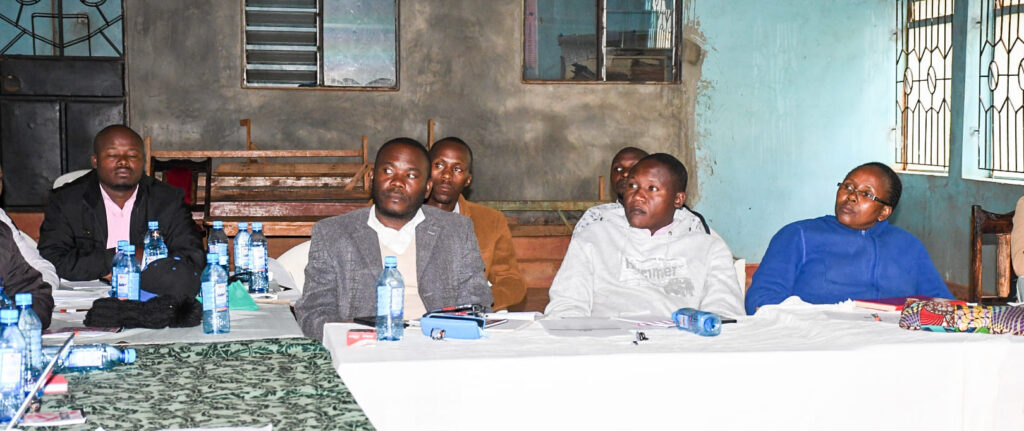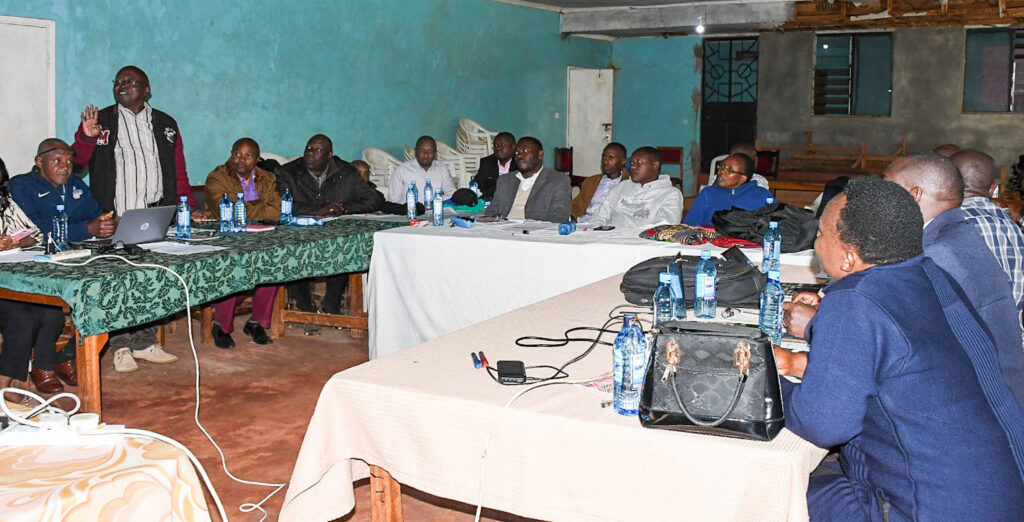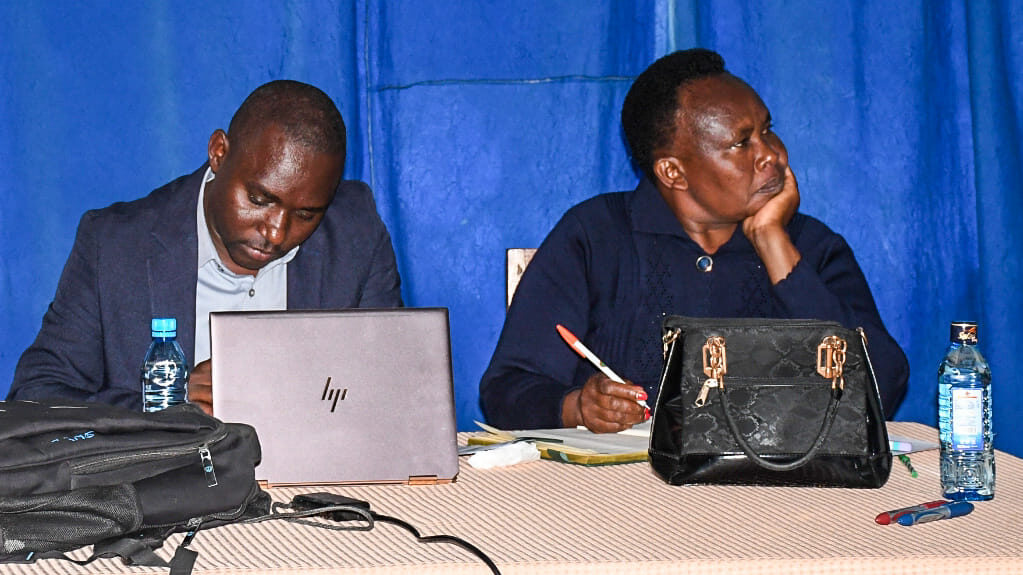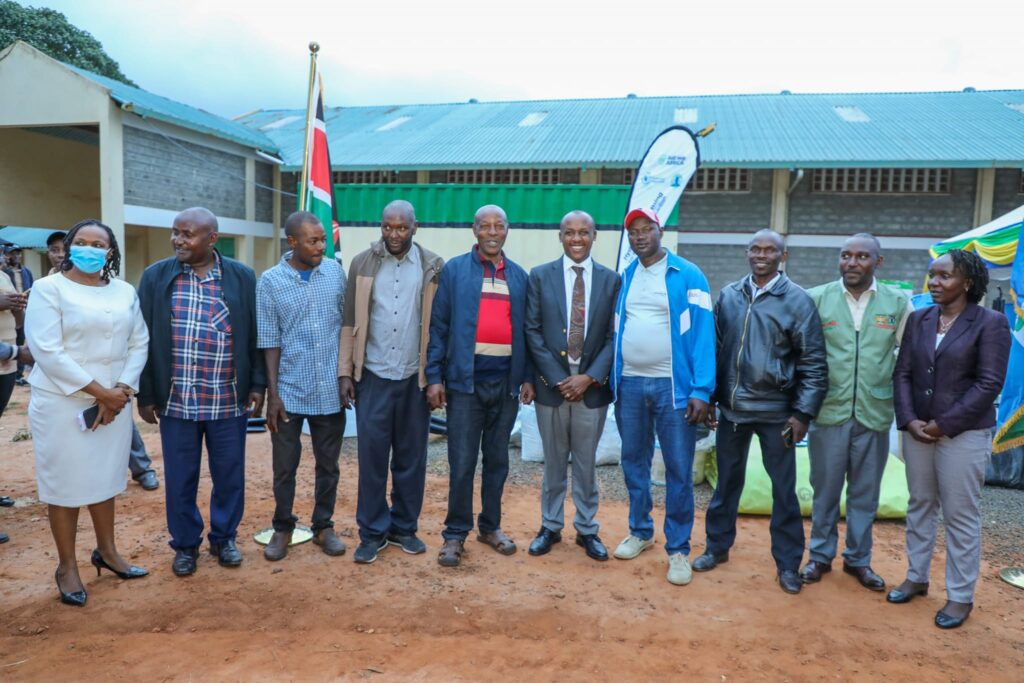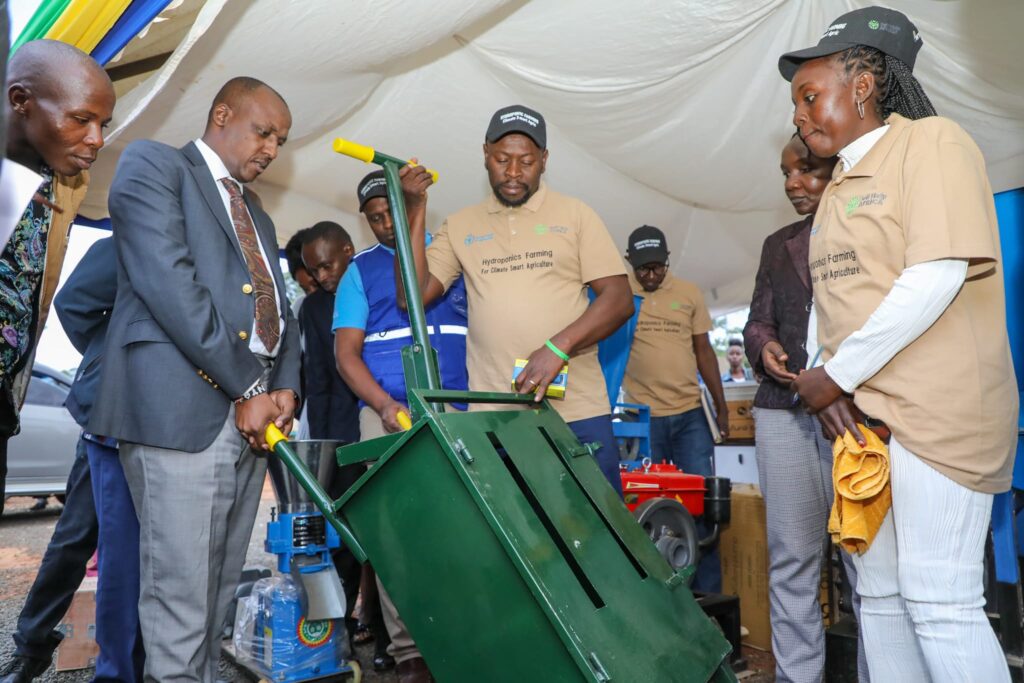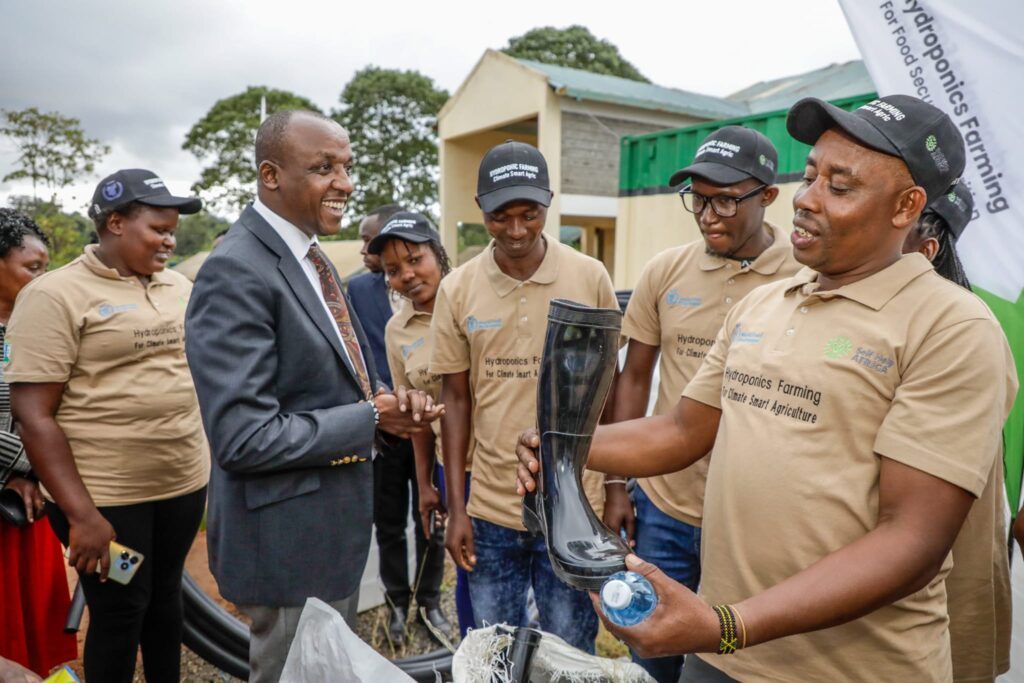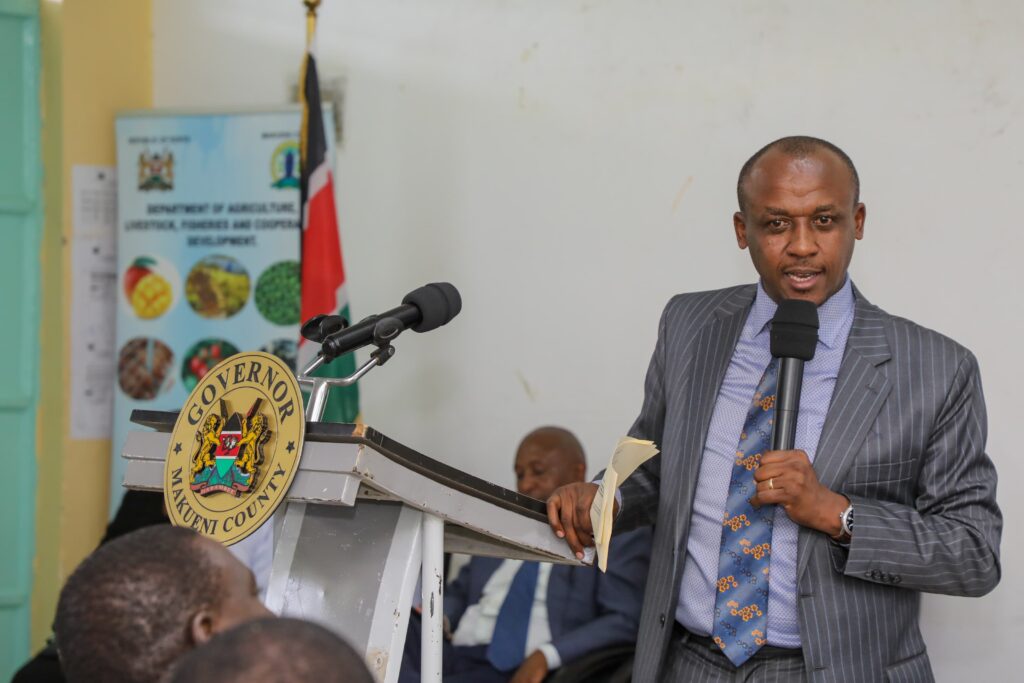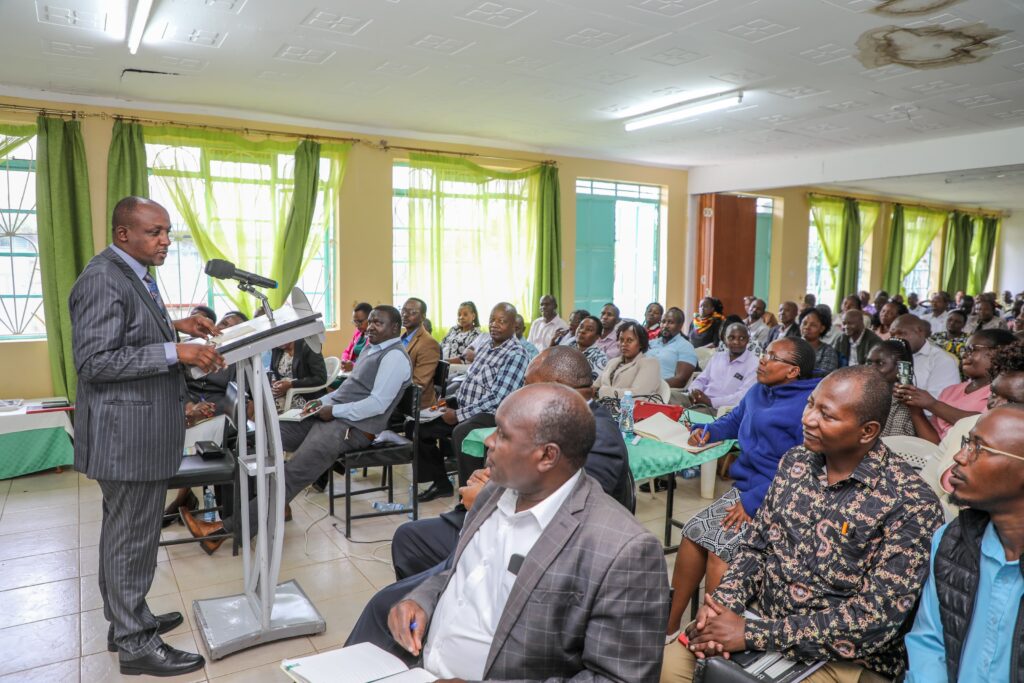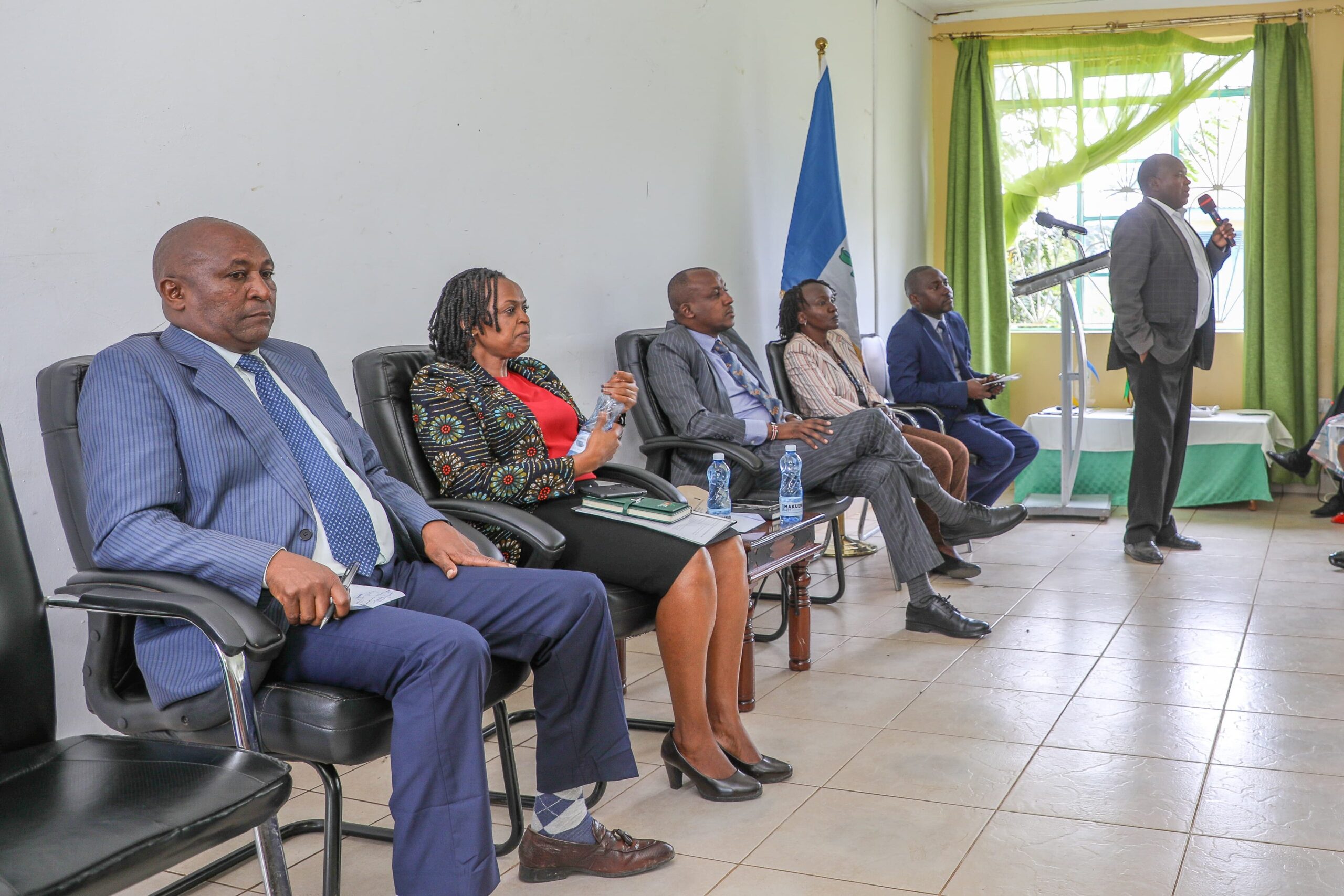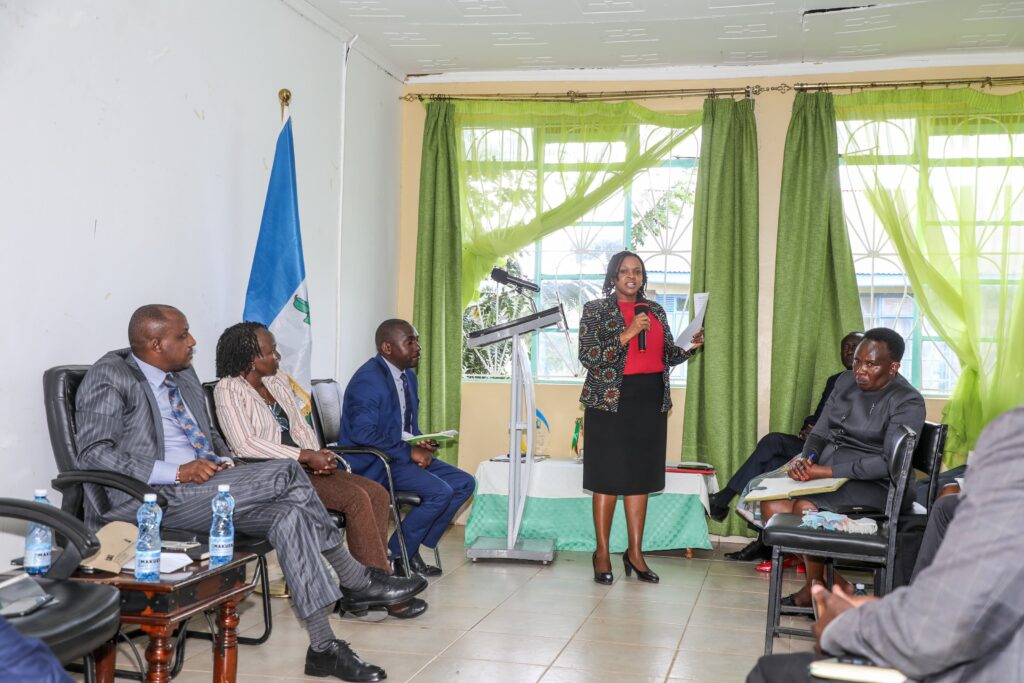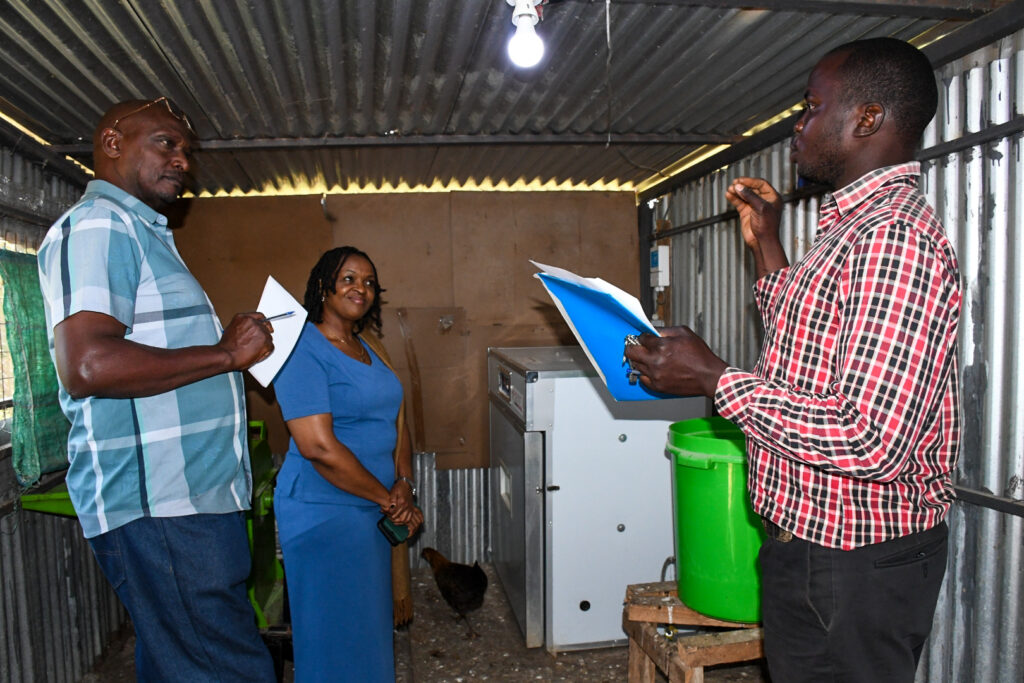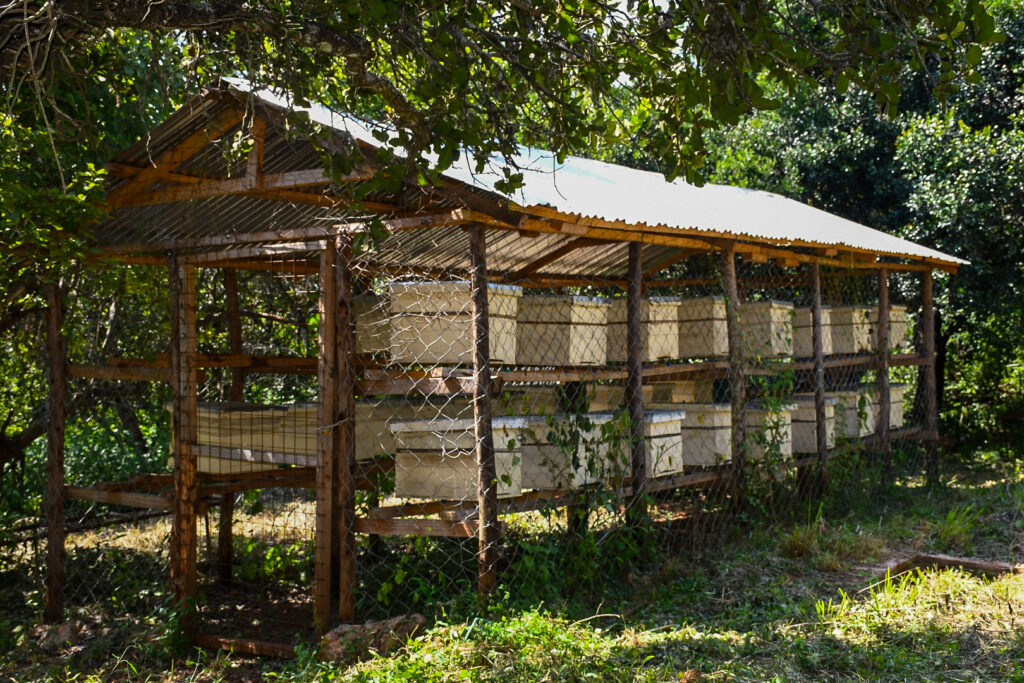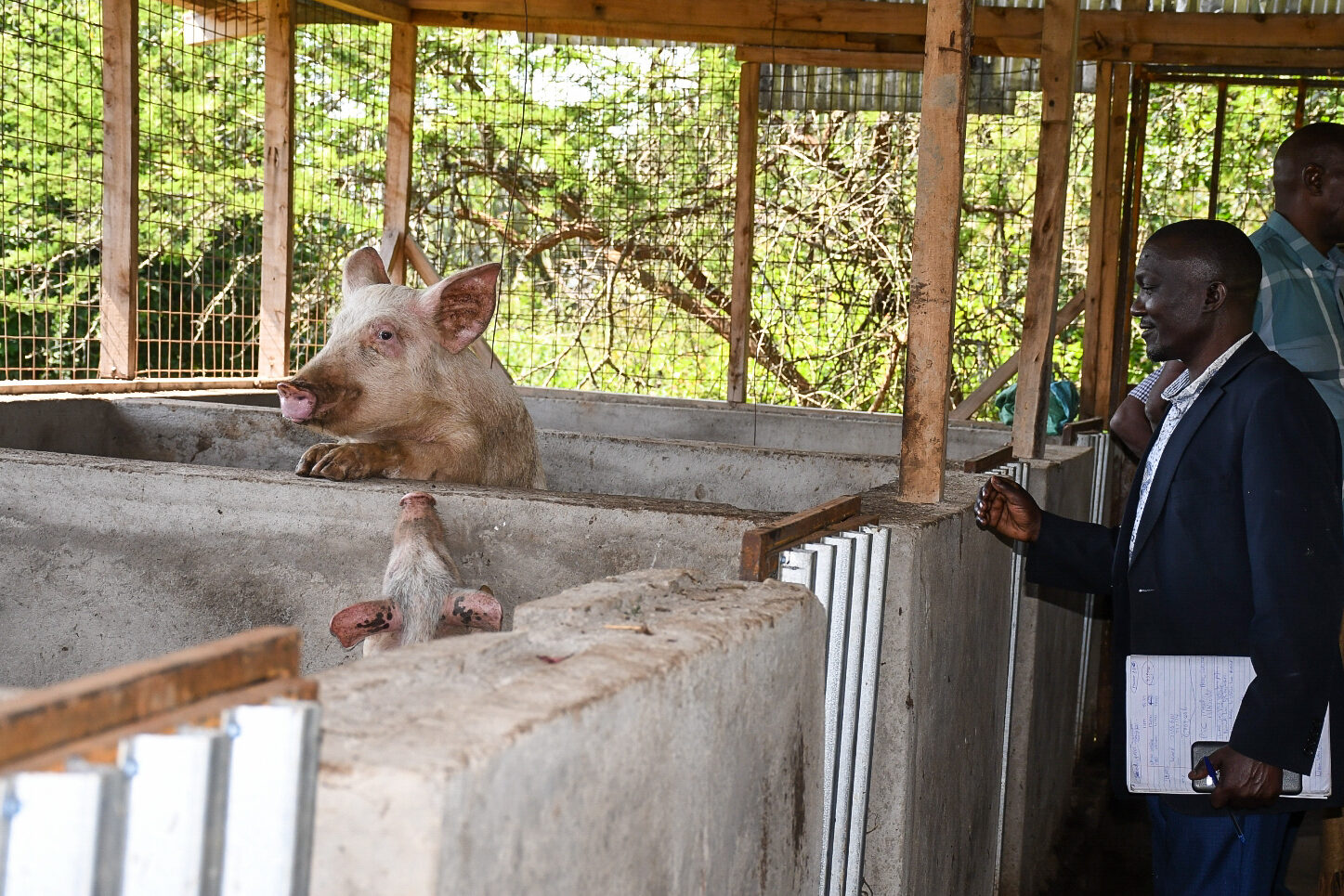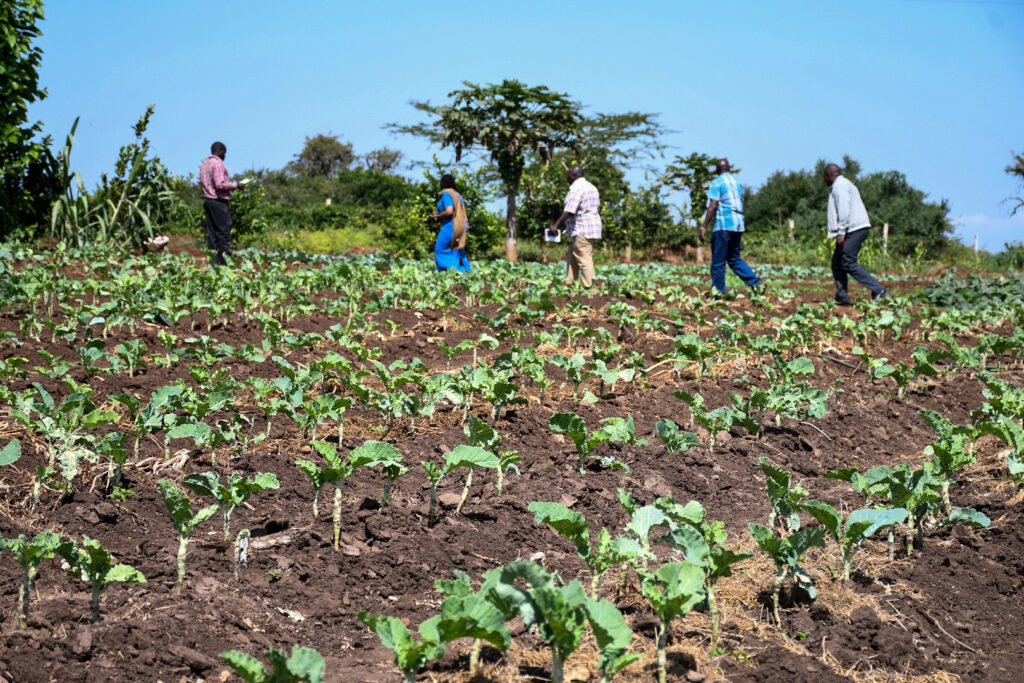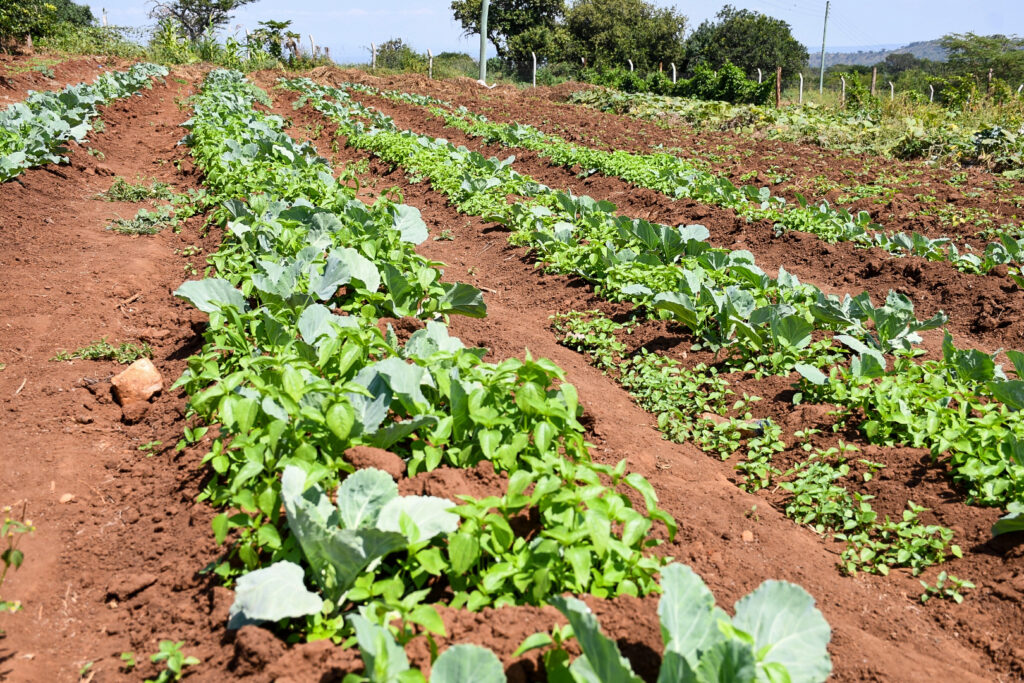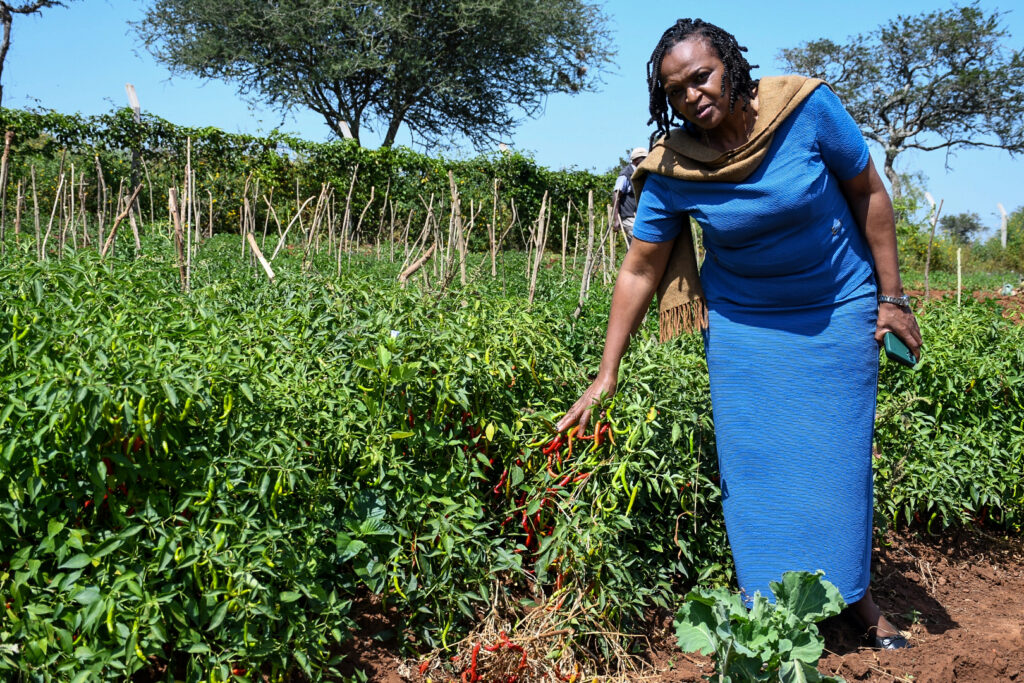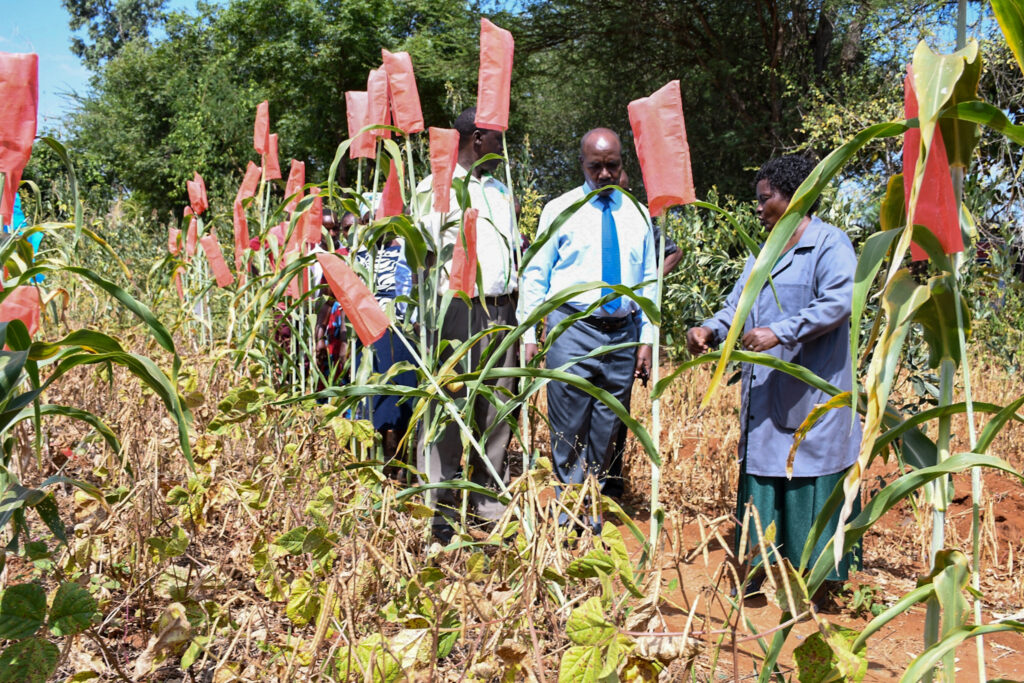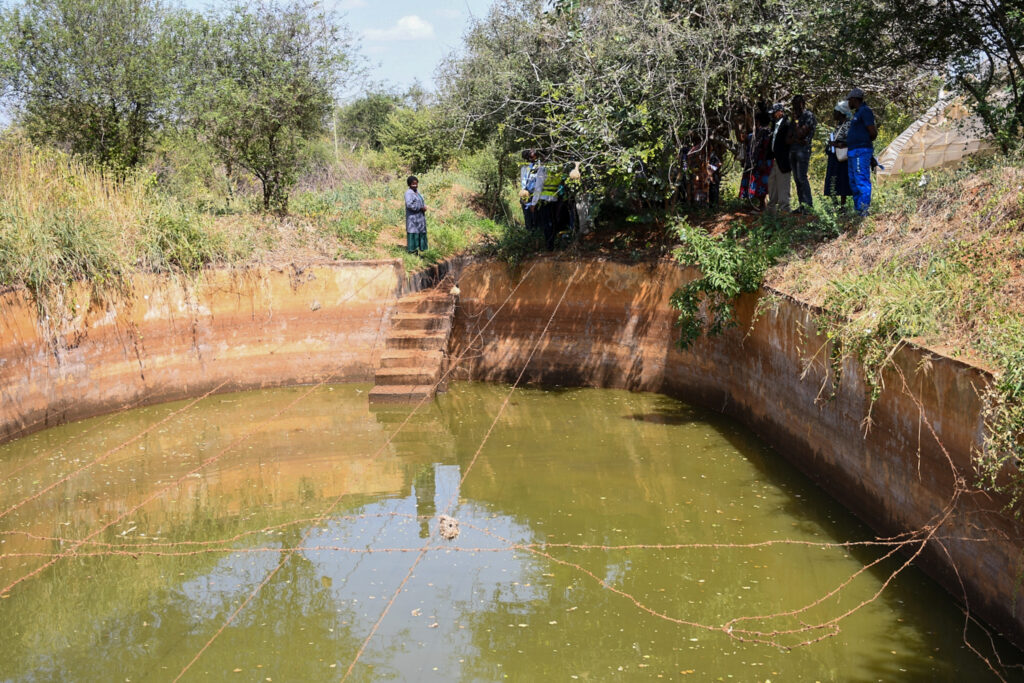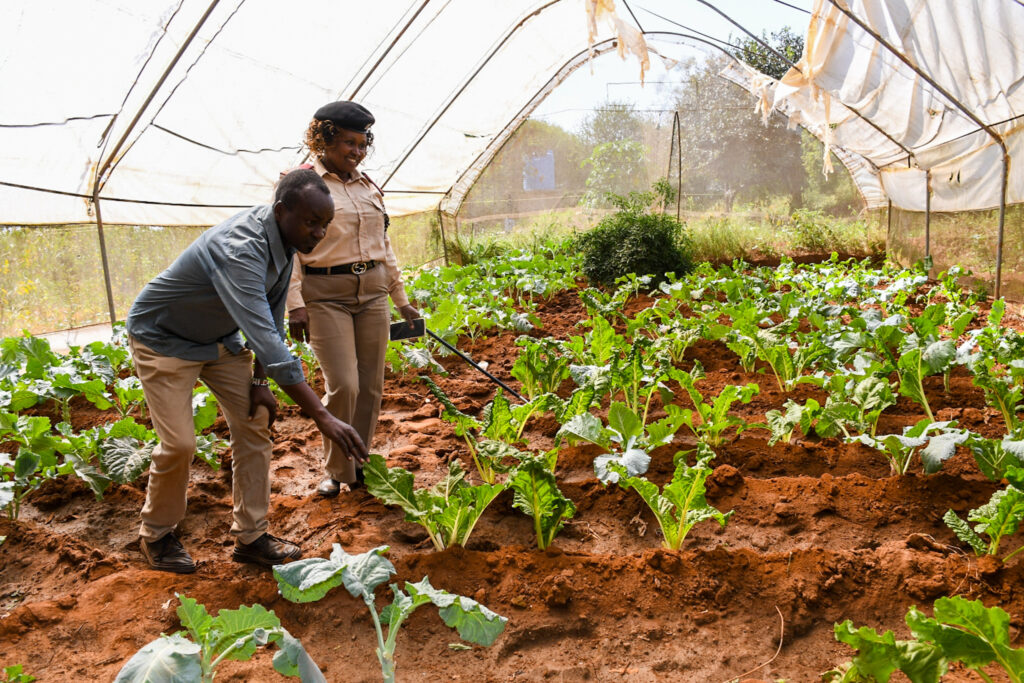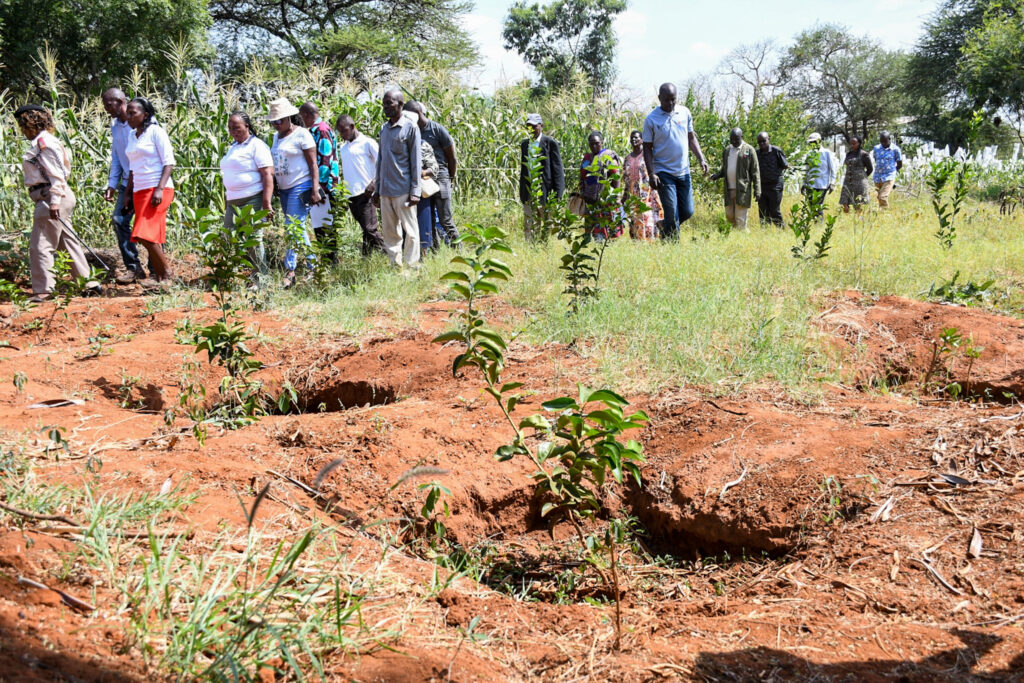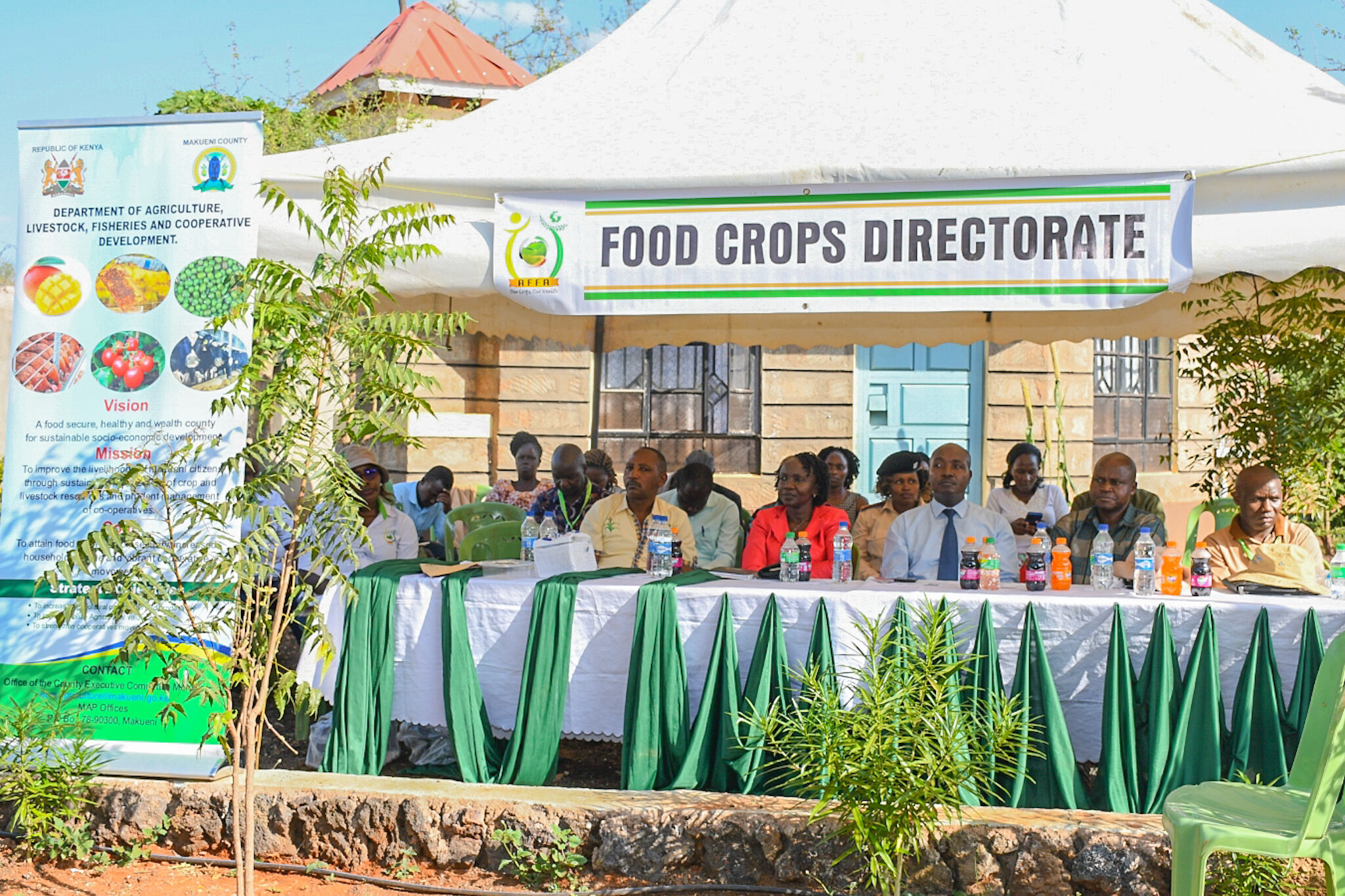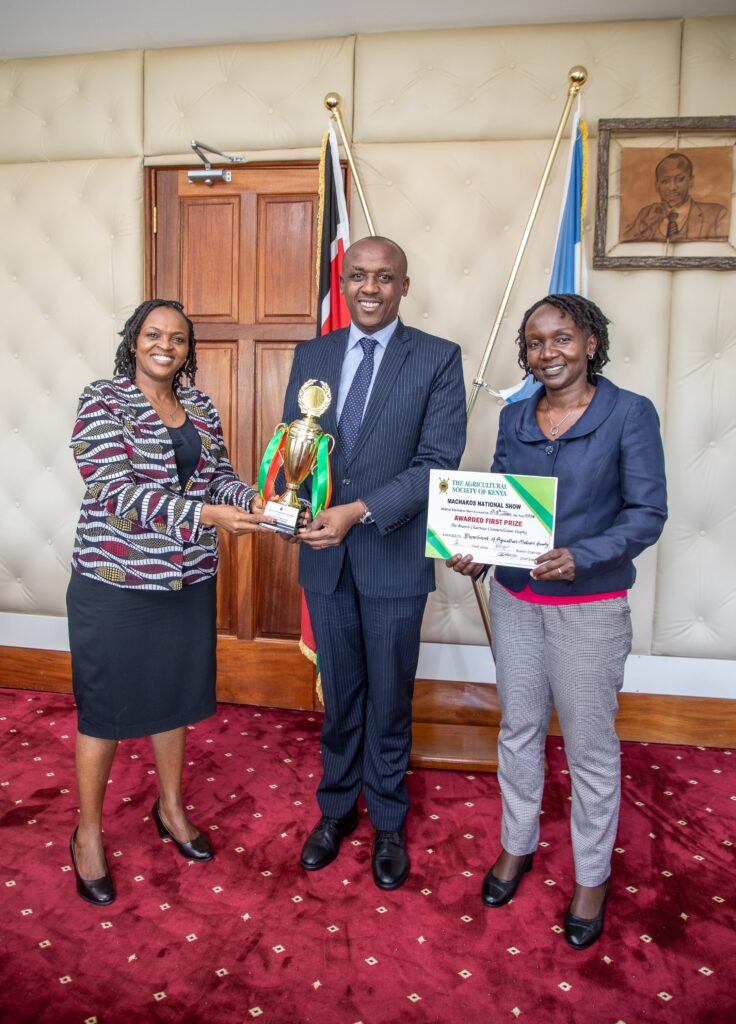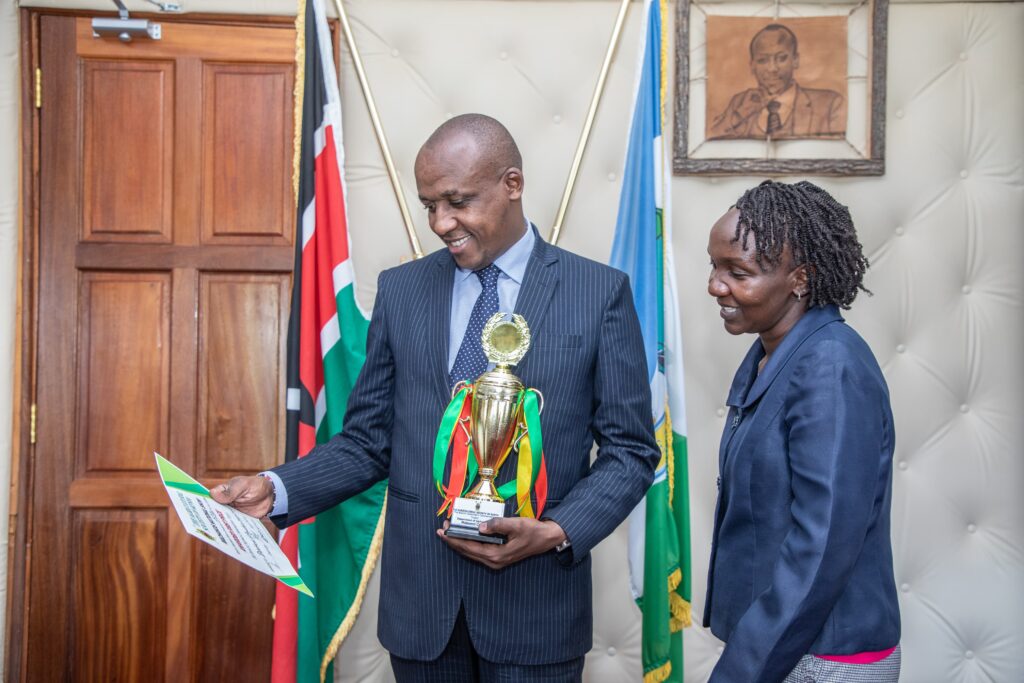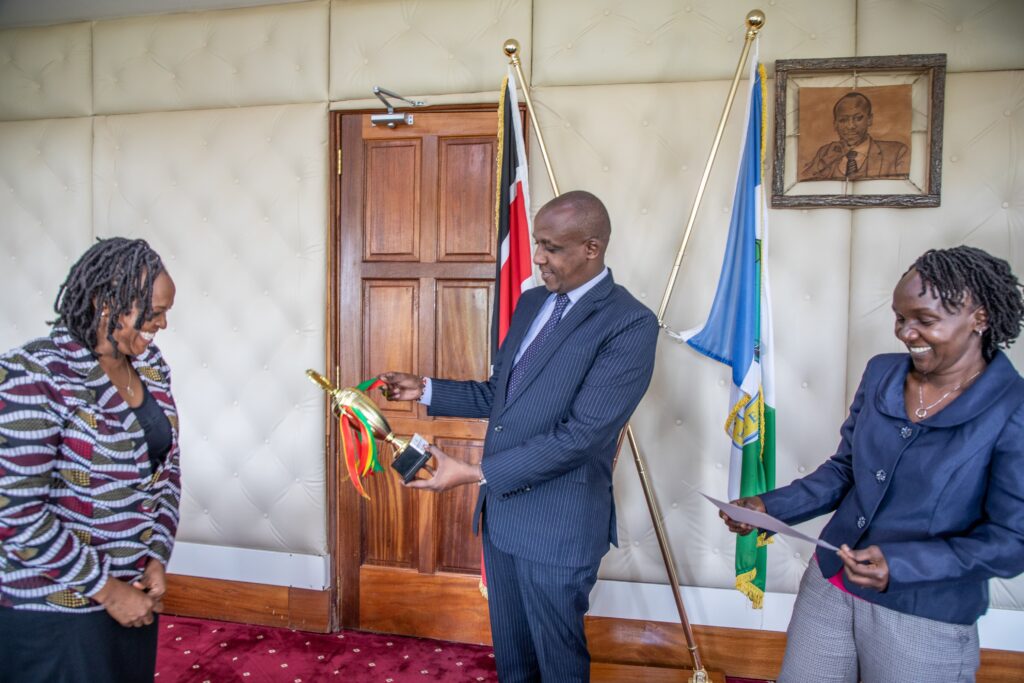June 13, 2024
Farmers attended a field day at Wonder Farm in Makindu to learn about innovative agricultural technologies implemented by Phoebe Mwangangi,the farm’s owner, to promote climate-smart agriculture, enhance food security and support sustainable economic growth.
Key takeaways included:
Minimum Soil Disturbance: Utilizing practices like no-till or reduced-till farming to maintain soil fertility, enhance water retention, and support plant growth.
Deep Tillage: Plowing soil deeper than 12 inches to alleviate compaction, promote root growth, and improve water and nutrient distribution.
Intercropping: Growing multiple crops together in the same field to optimize space, increase yields, enhance soil health, and reduce pests and diseases.
Zai Pits: Employing small planting pits filled with organic matter to boost water retention and soil fertility, thereby increasing crop yields in arid regions.
Mulching: Covering soil with materials such as straw, leaves, or plastic to conserve moisture, suppress weeds, regulate temperature, and enhance fertility.
Surface Run-off Rainwater Harvesting: Collecting rainwater from rooftops or impermeable surfaces, directing it into storage for irrigation and household use, thereby conserving water and minimizing erosion.
Planting Drought-Tolerant Crops: Cultivating crop varieties adapted to thrive with minimal water, crucial for regions susceptible to drought, ensuring consistent crop yields.
The event was organized by the Makueni County Department of Agriculture, Livestock, Fisheries, and Cooperative Development in collaboration with the Agriculture and Food Authority (AFA).
